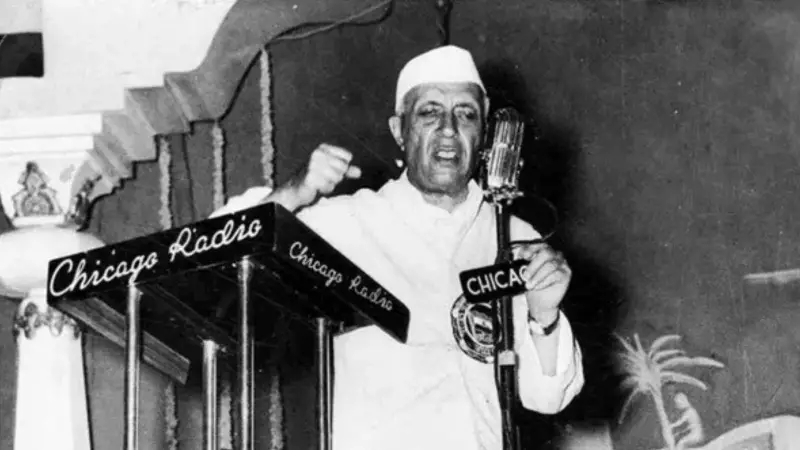
As India celebrates Children's Day on November 14, 2025, the nation reflects on Pandit Jawaharlal Nehru's profound belief that children shape a country's future. However, this celebration brings into sharp focus the enduring tension between inherited political power and earned leadership positions that has characterized much of India's post-independence history.
The Irony of Nehru's Legacy
The first Prime Minister of independent India passionately advocated for children's potential to transform the nation. Yet, as noted in recent investigations by The Indian Express, India experienced decades of governance dominated by Nehru's own descendants. This creates a striking contradiction between philosophical ideals and political reality.
The core issue isn't about capability but about opportunity. Political dynasties raise concerns not because family members lack talent, but because they rarely need to demonstrate their capabilities before assuming positions of power. This dynamic fundamentally weakens democratic principles when leadership begins to resemble hereditary succession rather than earned responsibility.
Women's Cricket Team: A Lesson in Meritocracy
The recent spectacular triumph of the Indian women's cricket team provides a powerful ethical counterpoint to dynastic politics. Their victory inspires not just for its sporting excellence but for what it represents about merit and opportunity.
Every member of that championship team earned their place through personal journey and demonstrated skill. None arrived because of influential surnames or family connections. These athletes emerged from diverse backgrounds—families of carpenters, teachers, farmers, and shopkeepers—where parents stretched their resources to support their daughters' dreams rather than handing them privileged positions.
In a nation where birth circumstances often determine life opportunities, their achievement demonstrates that level playing fields can become reality rather than remaining empty promises. Each player had to overcome societal barriers that frequently discourage girls from pursuing ambitious paths.
Democratic Principles Under Threat
When leadership positions become family possessions, democracy suffers significant damage. The ancient Greek philosopher Aristotle defined justice as giving each person what they deserve based on their purpose. Politics, according to this framework, serves the common good. When ancestry rather than commitment determines leadership, public life shifts from service to entitlement.
This pattern finds resonance in Indian epic traditions. The Mahabharata's central conflict emerged from a father believing his son had inherent right to the throne, leading to catastrophic consequences where reason yielded to attachment and fairness surrendered to lineage considerations.
The modern implications are equally concerning. When power becomes hereditary, communities lose their stake in decision-making processes. A child in a small town dreaming of national service begins questioning whether effort and capability truly matter in such a system.
Building a Fair Future for India's Children
With the majority of India's population under 35 years old, the national aspiration remains consistent across households: that children can learn, work, and advance based on their abilities. The greatest responsibility facing current generations involves creating conditions of genuine fairness.
This requires examination systems free from leaks, opportunities that cannot be purchased, and institutions not captured by already powerful interests. A meaningful Children's Day tribute involves commitment rather than sentiment—pledging to all children, not just one's own, that society will actively work to level the playing field.
Where historical disadvantages create handicaps, society must provide necessary support to ensure both equity and equality. This represents the most authentic way to honor Nehru's vision while strengthening democratic foundations for future generations.





